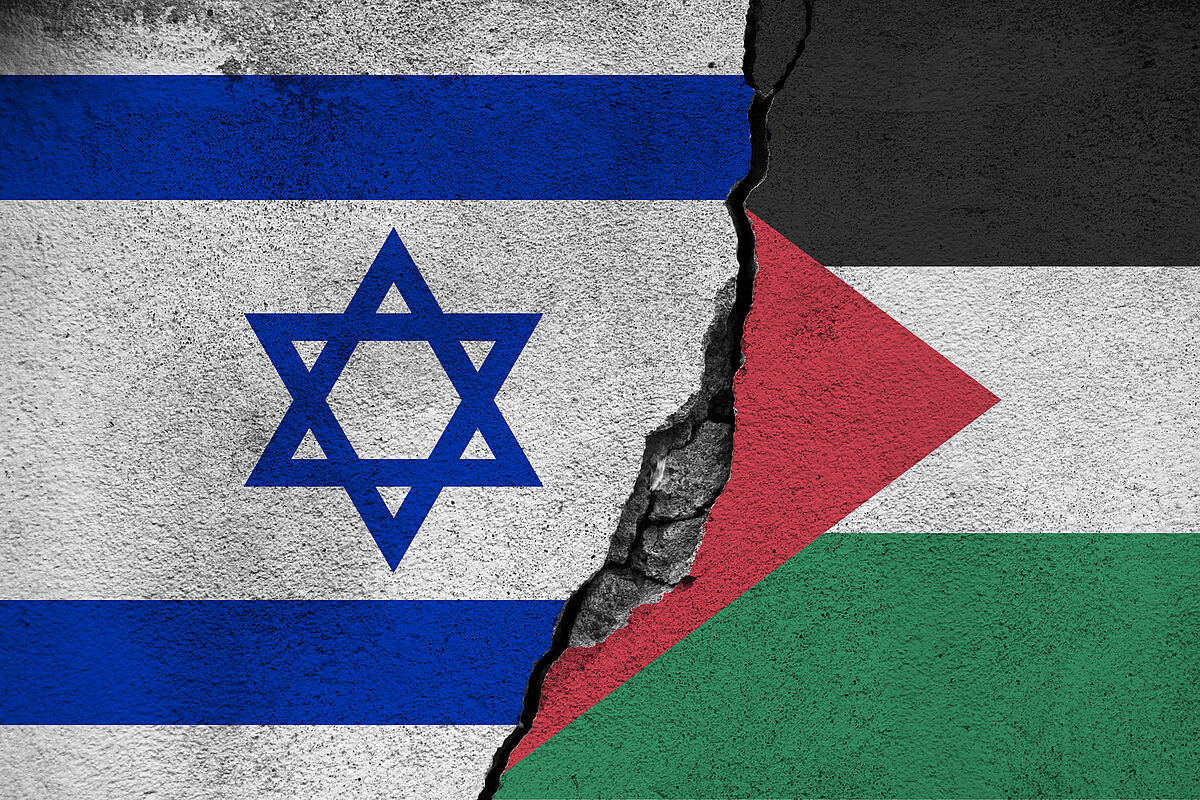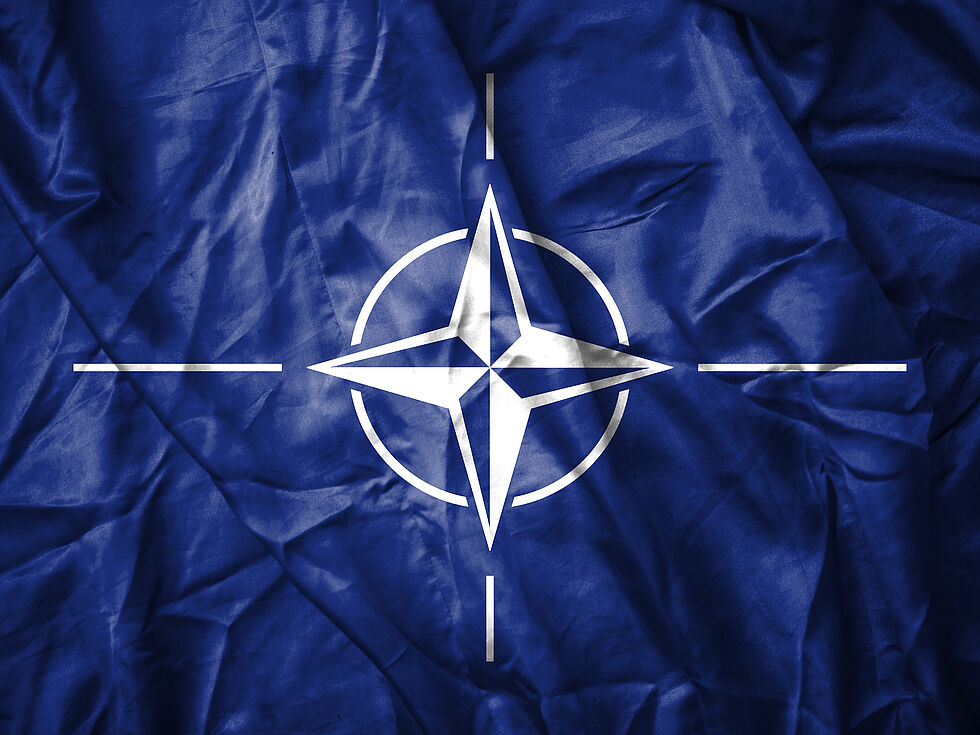Coronavirus pushes for cooperation in the Middle East

The year 2020 has not been a normal one. Instead of the Olympic races, the world has been watching the international race for a vaccine against Covid-19, so life can get back on track.
In the Middle East as well the coronavirus has changed the rules of the game, forcing Israel and the Palestinians to communicate and cooperate in the joint struggle to control the virus since its outbreak.
The medical crisis has not resulted in the forgetting or erasing of the injustice, occupation and political crisis, but it has once again demonstrated the shared interests of two peoples who live side by side.
In addition to the health and economic crisis, 2020 has also posed a new challenge in the shape of the Israeli government’s intention of unilaterally annexing Palestinian areas and putting an end to the chance of two independent states side by side. For the moment the global fight against annexation has been successful. The world has managed to bring pressure to bear on the US administration to torpedo the annexation and in its stead to present an historic normalization agreement between Israel and the United Arab Emirates.
Externally, the Palestinians are understandably furious about this agreement; the UAE appears to have broken the Arab League’s commitment to forego peaceful ties and normalization with Israel until after the end of the occupation and the achievement of an agreement for the existence of two states based on the 1967 lines. The fear that normalization of ties with Israel by Arab states without the establishment of a Palestinian state would weaken Israel’s motivation to ever pull out of the occupied territories is understandable.
In my talks with my colleagues from the Palestinian's Two State Coalition (not for quotation), many of them indicate they are not happy with the boycott strategy and wish to see an active Palestinian Authority that takes advantage of opportunities. In their view a proactive authority would see the cancellation of the annexation, a consequence of the UAE move, as a result that can be leveraged, and not a diplomatic failure.
What is needed is a long-term view of the advantages of the normalization process between Israel and the UAE, at this time specifically.
Firstly, the normalization agreement with Israel has definitively buried the idea of annexation, leaving the two-states window open.
Secondly, since the announcement about the emerging agreement immense excitement in Israel has arisen at the possibility of Israelis visiting Dubai or Abu Dhabi and feeling an integral part of the Middle East. The discourse has changed swiftly, from a country beset by enemies and danger to a new Middle East that just wants commercial and tourism ties with Israel. Israel’s belief in the Arab world and its acceptability as part of the Middle East is a key tool in Israel's future motivation to withdraw from territories and sign peace agreements, including with the Palestinians.
Thirdly, the history of recent decades has demonstrated that Arab states such as Jordan and Egypt, which honour peace agreements and maintain embassies in Israel, have been able to markedly influence Israeli policy towards the Palestinians. On issues of construction in settlements, Palestinians’ status in East Jerusalem and on the Temple Mount, and the advancement of peace and rights of Palestinian, Arab countries with embassies in Israel have greater diplomatic and public influence than states that have no ties with and boycott Israel.
However, the peace agreement between Israel and the United Arab Emirates cannot constitute an alternative to a peace agreement with its immediate neighbours, the Palestinians. The very heart of the Israeli-Arab conflict was and still is the Israeli-Palestinian conflict, and the heart of the Israeli-Palestinian conflict is the Israeli occupation of the West Bank and the isolation of the Gaza Strip, which must come to an end.
The coronavirus crisis, the peace agreement between Israel and the UAE, abandoning the idea of annexation, and cooperation in the Middle East make 2020 a historic year, replete with difficulties and crises but also with opportunities. And in order for there to be a genuine and full peace in the Middle East, efforts must be made to establish a Palestinian state side-by-side with the State of Israel, with peaceful relations between the two states.
About the author
Yariv Oppenheimer is head of the Two State Coalition under the auspices of the Geneva Initiative, a political commentator and presenter on a weekly radio programme, a former executive director of the Peace Now organization and current member of the organization’s board. He holds a BA in law, an MA in public policy and believes in Israel as a Jewish democratic and peace-advocating state.
About FES Connect
Connecting people, in the spirit of social democracy, we source and share content in English from the German and international network of the Friedrich-Ebert-Stiftung.








